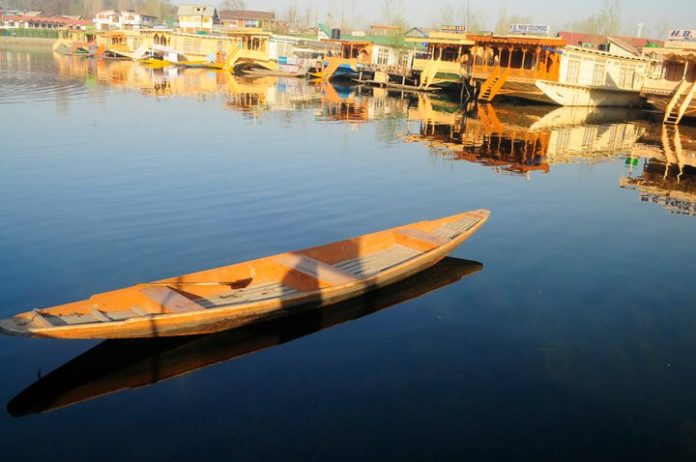
In an editorial, The Lancet has described India’s move on Kashmir as controversial; raises concerns about health, security and freedoms of Kashmiris
The current political situation in Kashmir puts in jeopardy the “health, safety and freedoms” of Kashmiri people, The Lancet has written in an editorial. The editorial has brought criticism for the medical journal especially in India where readers are smarting at the references to Kashmir as “autonomous”.
“Last week in a controversial move, India revoked the autonomous status of Jammu and Kashmir, allowing India greater authority over the state’s affairs. The announcement fanned tension with Pakistan, which also claims the region and has fought India over it for more than seven decades. At least 28 000 Indian security forces have been deployed; in the capital city Srinagar, a lockdown has been implemented that suspended communication and internet links, and a strict curfew has been imposed. The militant presence raises serious concerns for the health, safety, and freedoms of the Kashmiri people,” reads the editorial.
Earlier this month, India had revoked the statehood of Jammu and Kashmir, splitting it into two Union territories after Ladakh was made a separate entity. This effectively revokes the special status of the state and the restrictions on people from outside the state to own properties and businesses there.
“The report emphasises continued use of excessive force against civilians—for example, the use of pellet-firing shotguns has led to 1253 people being blinded between 2016 and 2018. Both India and Pakistan have largely dismissed the report’s recommendations to end the abuse.”
The Lancet editorial goes on to add: “According to a report by the UN High Commissioner for Human Rights, published last month, gross human rights violations by state security forces and armed groups have occurred, including cross-border firings, sexual violence, enforced disappearances, and acts of terrorism. The report emphasises continued use of excessive force against civilians—for example, the use of pellet-firing shotguns has led to 1253 people being blinded between 2016 and 2018. Both India and Pakistan have largely dismissed the report’s recommendations to end the abuse.”
As was pointed out during the debate on the matter in the Indian Parliament, the editorial too mentions the fact that despite decades of instability, developmental indicators in Kashmir are better than the rest of India.In 2016, life expectancy was 68·3 years for men and 71·8 years for women, which are greater than the respective national averages.













